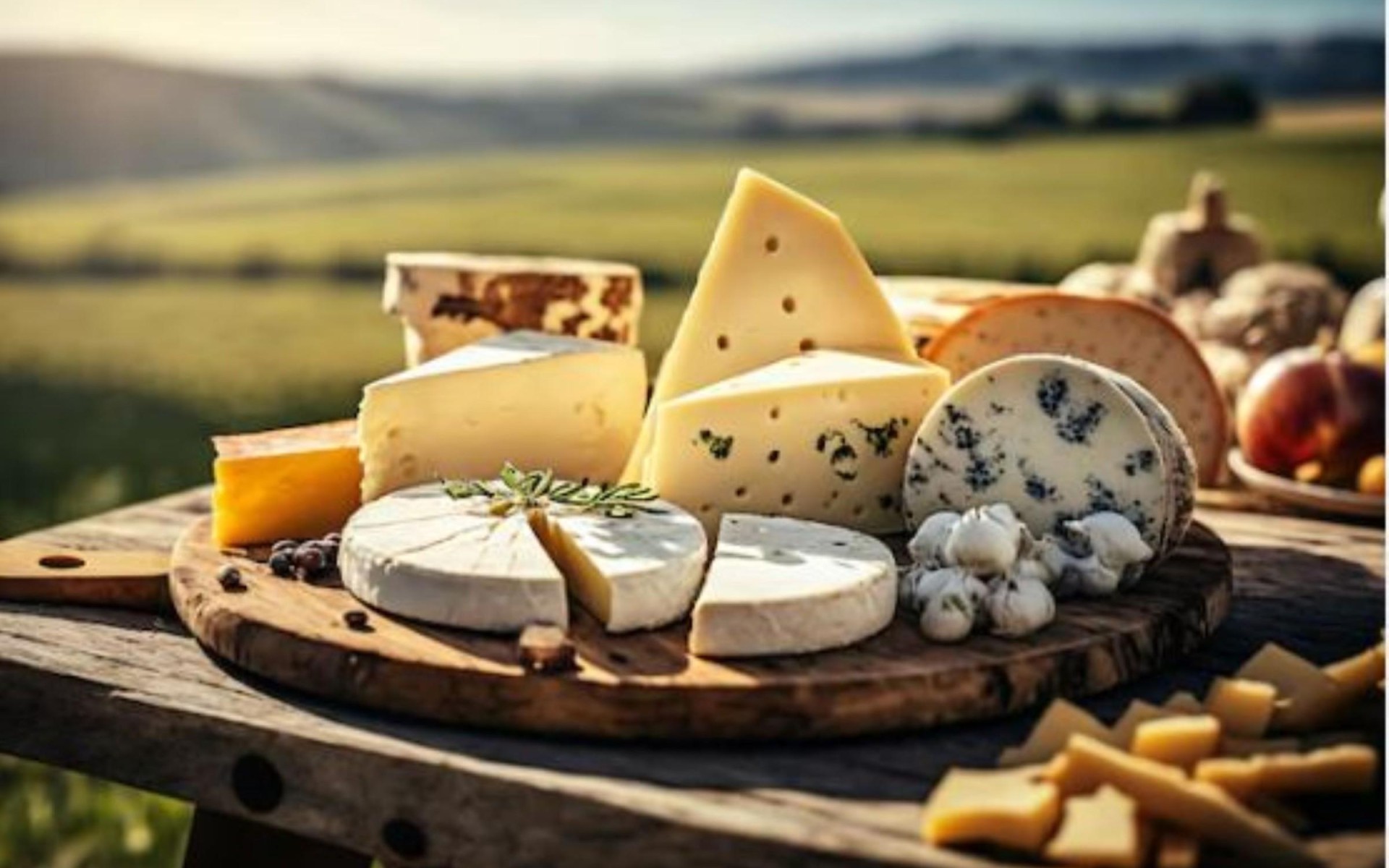Cheese Store Melbourne: Your Go-To Location for All Points Cheese
Cheese Store Melbourne: Your Go-To Location for All Points Cheese
Blog Article
A Comprehensive Consider Cheese Manufacturing: Components, Methods, and the Future of Artisan Cheeses
The intricate procedure of cheese production is an interesting merging of art and science, where top quality milk, rennet, and details bacterial societies serve as fundamental elements. As the market significantly focuses on sustainability and transparency, the future of artisan cheeses assures to show both heritage and progression.
Trick Ingredients in Cheese Manufacturing
A variety of essential components play a pivotal duty in cheese production, each adding to the last product's flavor, appearance, and character. The primary component in cheese is milk, which can originate from numerous sources, including cows, goats, and sheep - cheese factory melbourne. The kind of milk made use of considerably affects the cheese's preference and uniformity; as an example, cow's milk commonly produces creamier cheeses, while goat's milk frequently produces appetizing ranges
An additional critical active ingredient is rennet, an enzyme utilized to curdle the milk, dividing it into curds and whey. The resource of rennet can be animal, veggie, or microbial, each imparting distinctive characteristics to the cheese.
Salt not just boosts the flavor but also works as a chemical, preventing the development of unfavorable microorganisms. Furthermore, various flavor representatives, such as herbs, seasonings, and even smoked wood, can be included in develop special artisanal cheeses. Together, these ingredients create the structure of cheese production, establishing the phase for diverse and rich cheese selections.
Typical Cheese-Making Strategies
Using typical cheese-making strategies, craftsmens worldwide maintain classic techniques that have been given with generations. These methods usually highlight using top notch, locally sourced milk, which is main to the distinct tastes and textures of artisanal cheeses. The procedure usually begins with the cautious home heating of milk, followed by the enhancement of cultures and rennet to promote coagulation.
Once the curds form, they are cut, allowing whey to drain, a vital action that affects moisture web content and appearance. Salting is an essential aspect of this procedure, boosting taste while additionally acting as a chemical.
Aging, or affinage, is another crucial element, during which cheeses develop their characteristic aromas and tastes. Artisans might utilize certain maturing settings, utilizing humidity and temperature level controls to improve the cheese's account. The dedication to these standard approaches not just sustains regional economic situations but additionally adds to the abundant diversity of cheese varieties discovered worldwide, celebrating cultural heritage and artisanal craftsmanship.
Modern Advancements in Cheese Manufacturing
Just how have technological innovations transformed cheese production in recent years? The combination of modern-day technology has actually transformed both the performance and high quality of cheese manufacturing.
Additionally, innovations in microbiology have allowed cheesemakers to select certain microbial cultures and enzymes, maximizing flavor profiles and improving life span. Using sensor modern technology for keeping an eye on fermentation conditions has actually also ended up being prevalent, allowing for real-time modifications to maintain ideal environments for cheese aging.

These innovations not just boost the high quality and sustainability of cheese manufacturing yet likewise empower craftsmen producers to maintain typical flavors while embracing modern-day effectiveness. As technology proceeds to develop, the future of cheese manufacturing looks appealing, blending practice with advancement.
The Function of Terroir in Cheese
In the realm of cheese production, terroir plays a crucial function in defining the distinctive features of numerous cheeses. Terroir, a French term generally connected with red wine, incorporates the environmental variables that affect farming items, including soil structure, climate, and regional flora and animals. In cheese-making, the unique features of the region where the milk is sourced can impart details flavors and structures to the final product.
As an example, the grazing conditions of dairy products pets considerably influence the milk's structure, influenced by the kinds of turfs and natural herbs offered in a particular area. This varies not just in between countries yet additionally in between regions within the very same country. In addition, the microbial areas existing in the environment add to the fermentation procedures, resulting in varied profiles in taste and aroma.
Cheeses such as Roquefort, Parmigiano-Reggiano, and Cheddar exhibit how terroir can form their identifications, making them distinctive and usually secured by geographical signs. As producers progressively acknowledge the relevance of terroir, there is a growing emphasis on sourcing regional active ingredients and keeping typical practices, making sure that each cheese genuinely mirrors its beginning.
.jpg)
Future Patterns in Artisan Cheeses
A noteworthy change is happening in the artisan cheese field, driven by progressing consumer choices and technological innovations. Progressively, consumers are being attracted toward special, premium items that highlight both sustainability and local sourcing - cheese factory melbourne. This fad is motivating artisan cheesemakers to innovate, concentrating on small-batch production and using traditional strategies while integrating contemporary technology to enhance top quality and safety
Moreover, there is a growing passion in plant-based and alternate milk items, pressing traditional cheesemakers to discover brand-new look at this site opportunities, such as cashew or almond-based cheeses. This shift not just provides to dietary restrictions yet likewise straightens with environmental problems regarding animal agriculture.
In addition, openness in sourcing and production processes is coming to be paramount. Consumers are extra informed and demand traceability, triggering manufacturers to adopt clearer labeling methods and take part in storytelling that highlights their approaches and values.
Conclusion
To conclude, the intricate process of cheese production blends standard techniques with contemporary advancements, leading to a diverse range of flavors and appearances. The emphasis on high-quality ingredients and the influence of terroir emphasize the creativity entailed in cheese production. Recommended Site As the industry progresses, a focus on sustainability and openness will likely form the future of artisan cheeses, catering to a progressively critical customer base that values authenticity and craftsmanship in milk items.
Report this page